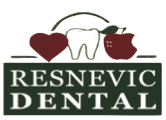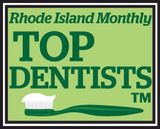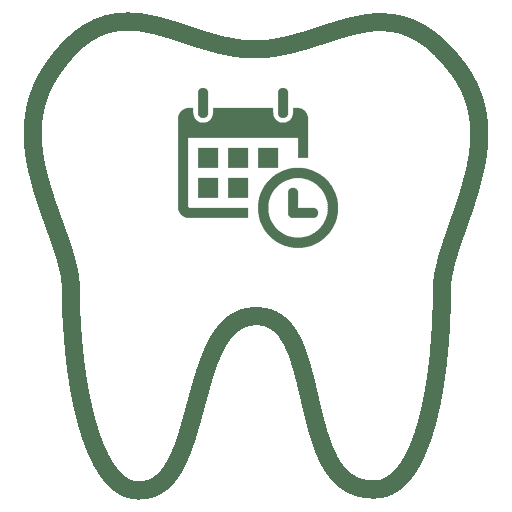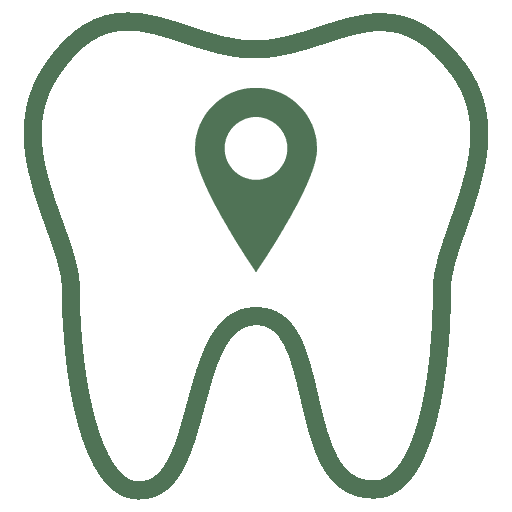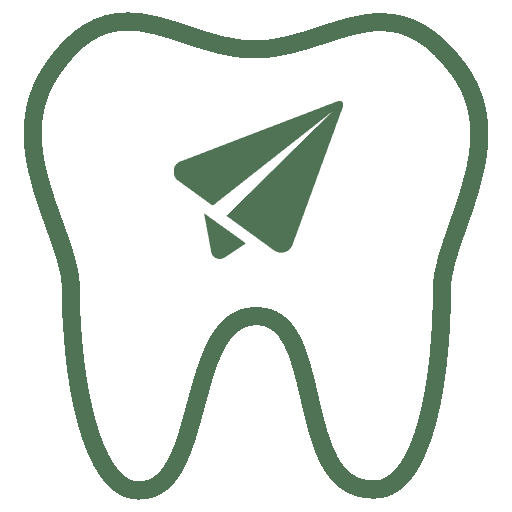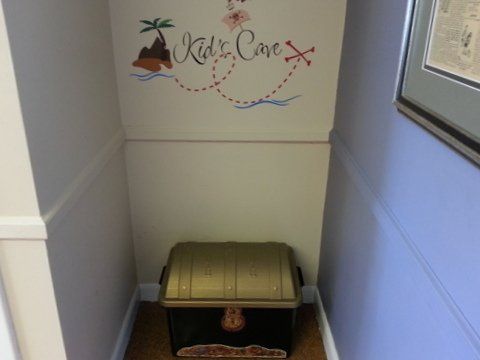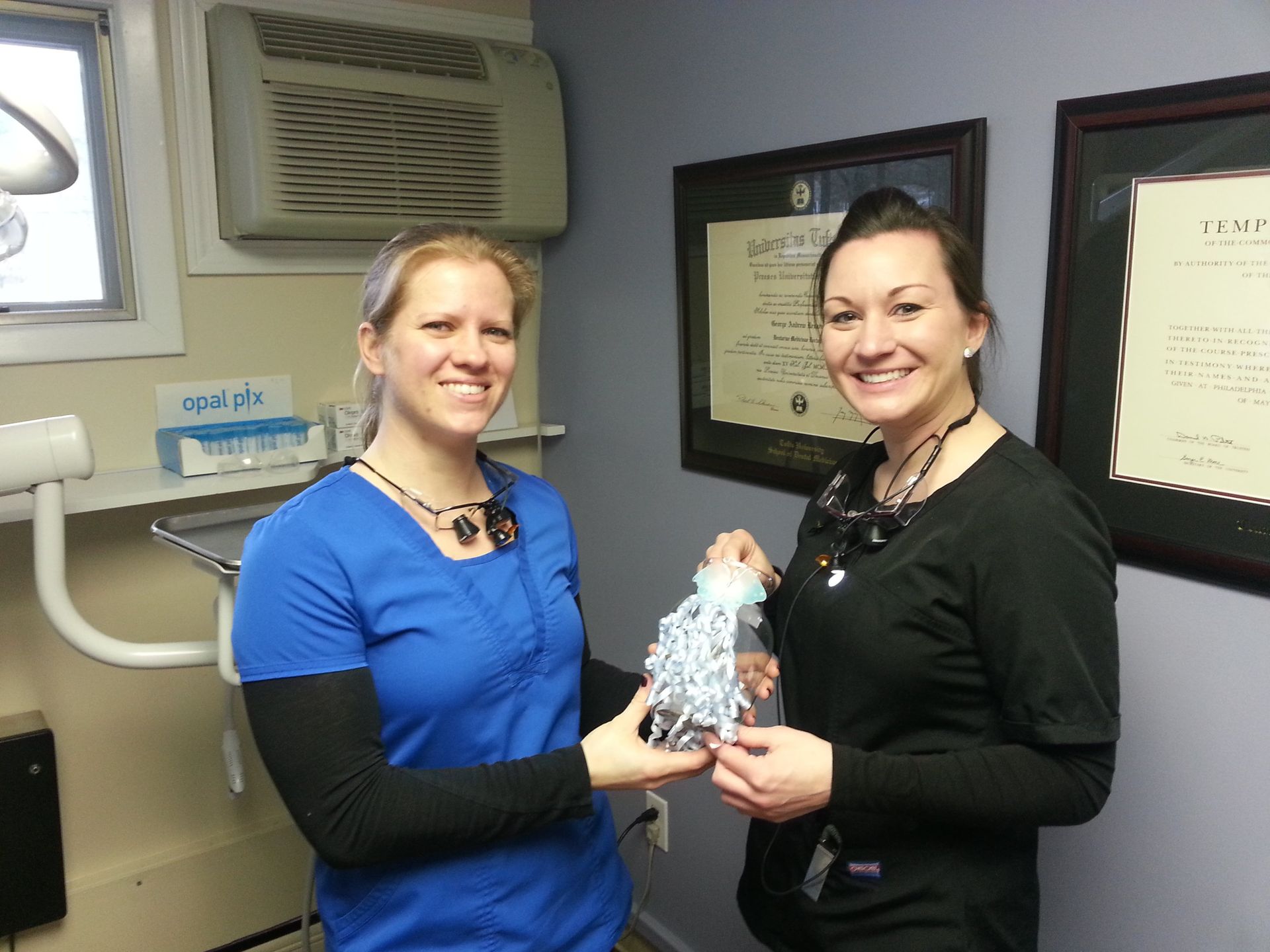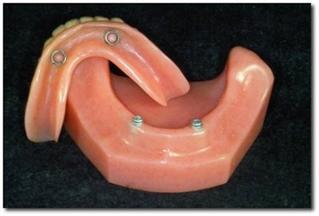Our dentistry can help you achieve
YOUR BEST LIFE
Make An Appointment
Make An Appointment
Protecting Your Health

Great Appearance
Make An Appointment- In a nationwide survey, nice smile outweighed skin, eyes, hair and body or figure as the most important attribute of physical attractiveness.
- 85% of the survey respondents felt a good smile is “extremely” or “very” important for finding a job.
- 1 in 5 Americans have shied away from a social event because of problems with their teeth.
Better Health
Make An Appointment- Toothaches and infections alter eating and sleeping habits, dietary intake, and metabolic processes.
- Cavities affect nutrition, growth and weight gain in children, and can lead to adult toothlessness.
- Gum diseases, both gingivitis and periodontitis, are associated with tooth loss, heart disease, diabetes, and autoimmune disease, among other systemic illnesses.
- Oral cancer is diagnosed over 31,000 times a year in the U.S., and kills half of the patients so diagnosed within five years.

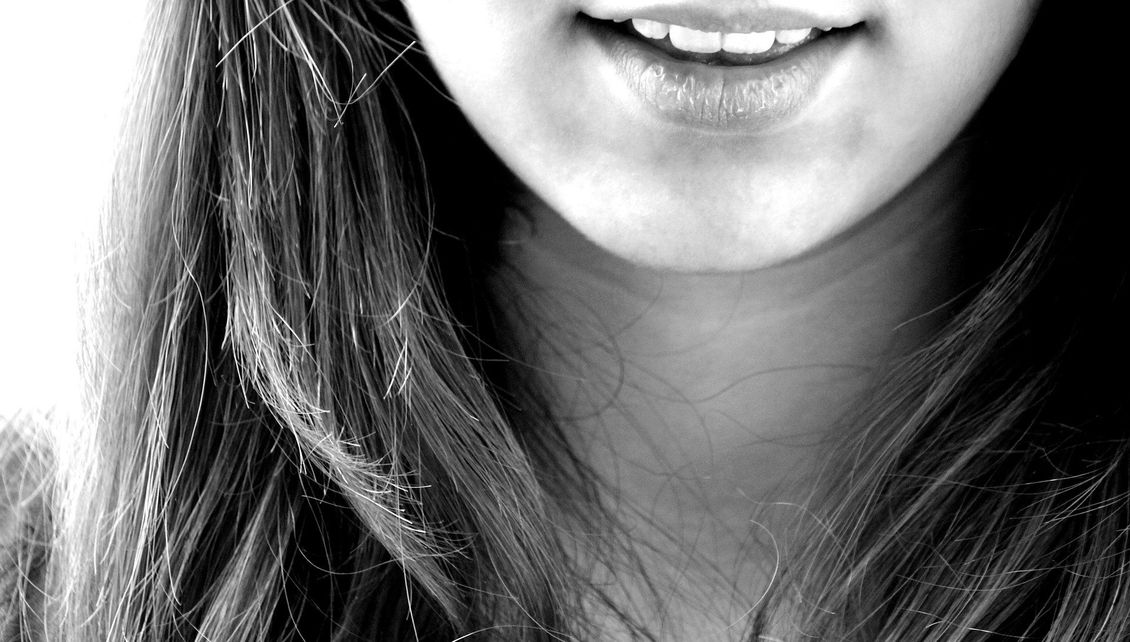
Best Experience
Make An Appointment- You will receive state-of-the-art care from a compassionate and experienced doctor and staff.
- You won’t languish in our reception room.
- You’ll breeze through the awkward choices and compromises most people have to make when trying to obtain optimum health care today with our many affordable financing choices.

Bad breath can be caused by a variety of issues and it concerns many people. Thomas P. Connelly, D.D.S. of New York City, writes in the Huffington Post, “the biggest question I get is what causes bad breath. Truthfully, there are a lot of different causes — food, tobacco, dry mouth, alcohol, poor oral hygiene… the list is almost endless.”
With that in mind, first you want to make sure you are keeping up with good dental care practices—brushing after meals and flossing once a day. Here are a few more tips for fresh breath.
Drink water. Water flushes out bits of food bacteria from the mouth and promotes the production of saliva which is a constant cleansing agent for teeth, gums, and tongue.
Chew sugarless gum with Xylitol for at least five minutes after meals. Chewing gum loosens food from the teeth, gums, and tongue and fosters saliva production. Sugar-free gum sweetened with Xylitol inhibits mouth bacteria.
Snack on foods rich in vitamin C, such as red bell pepper and broccoli. These foods create an inhospitable environment for mouth bacteria. When eaten raw, they work even better to fight bad breath and crunchy produce of any kinds helps loosen trapped food particles.
Have some parsley. Parsley contains chlorophyll, which may have a deodorizing effect in the mouth. Other plant products linked to better breath include cloves, anise, and fennel seeds. Although using herbs and spices to eliminate bad breath tends to be rooted more in folklore than science, it doesn’t hurt to try it.
Cut back on pungent foods. Certain foods can make your breath smell bad for hours. Garlic and onions are among the top offenders. These foods don’t only create a smell in the mouth, their byproducts enter your bloodstream and the smell can last for hours.
Make sure to tell your dentist about your concerns. It’s possible that your bad breath is caused by a medical condition. It’s often associated with gum disease or tooth decay, but it can occasionally signal health problems such as respiratory or sinus infections, bronchitis, diabetes or malfunctions of the liver or kidney.

For children or adults with a propensity for new cavities, a fluoride mouthwash such as Act or Fluorigard can be used in a regimen similar to the above.
To both control gingivitis and cavities, a germ killing rinse containing fluoride is recommended. One such product is purple Listerine.
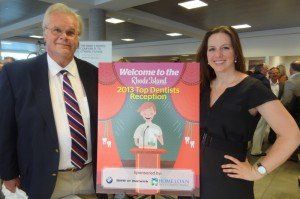
June 19, 2013 was a good night for Dr. Jean and Dr. George!
That was the night Rhode Island Monthly magazine unveiled its July issue and revealed the winners of its annual “Top Dentists” poll. They had asked over 900 dentists to name three choices each for their opinion of the best area dentists in various categories. It was the first time Drs. Resnevic were recipients of the prestige "Top Dentist" award and they have won it every year since!
When the votes were tallied, a total of 81 general dentists were selected. and the Drs. Resnevic were two of them!
Peer recognition is gratifying, but it pales compared to the satisfactions all of us get daily from our patients’ appreciation. You are the reason we work so hard!
What could missing teeth possibly have to do with the chances of your getting cancer? According to one Japanese study done in 2010, apparently quite a bit: In a study of over 15,000 people, researchers found that persons with missing teeth were 136% more likely to develop esophageal cancer, 68% more likely to develop head and neck cancer, and 54% more likely to get lung cancer than people who had not lost any teeth.
How can this be? The researchers theorize that the same bacterial infection and inflammation caused by poor oral hygiene that led to the tooth loss could possibly be responsible for the increased cancer risk. After all, other studies have already implicated gum infections with heart disease, strokes, diabetes, and low birthweight pregnancies.
More studies are forthcoming on the link between tooth loss and cancer, but one lesson is already abundantly clear: good oral hygiene practiced at home along with regular professional cleanings and examination will not only preserve the beauty of your smile, but will likely help protect you from some pretty nasty diseases.

